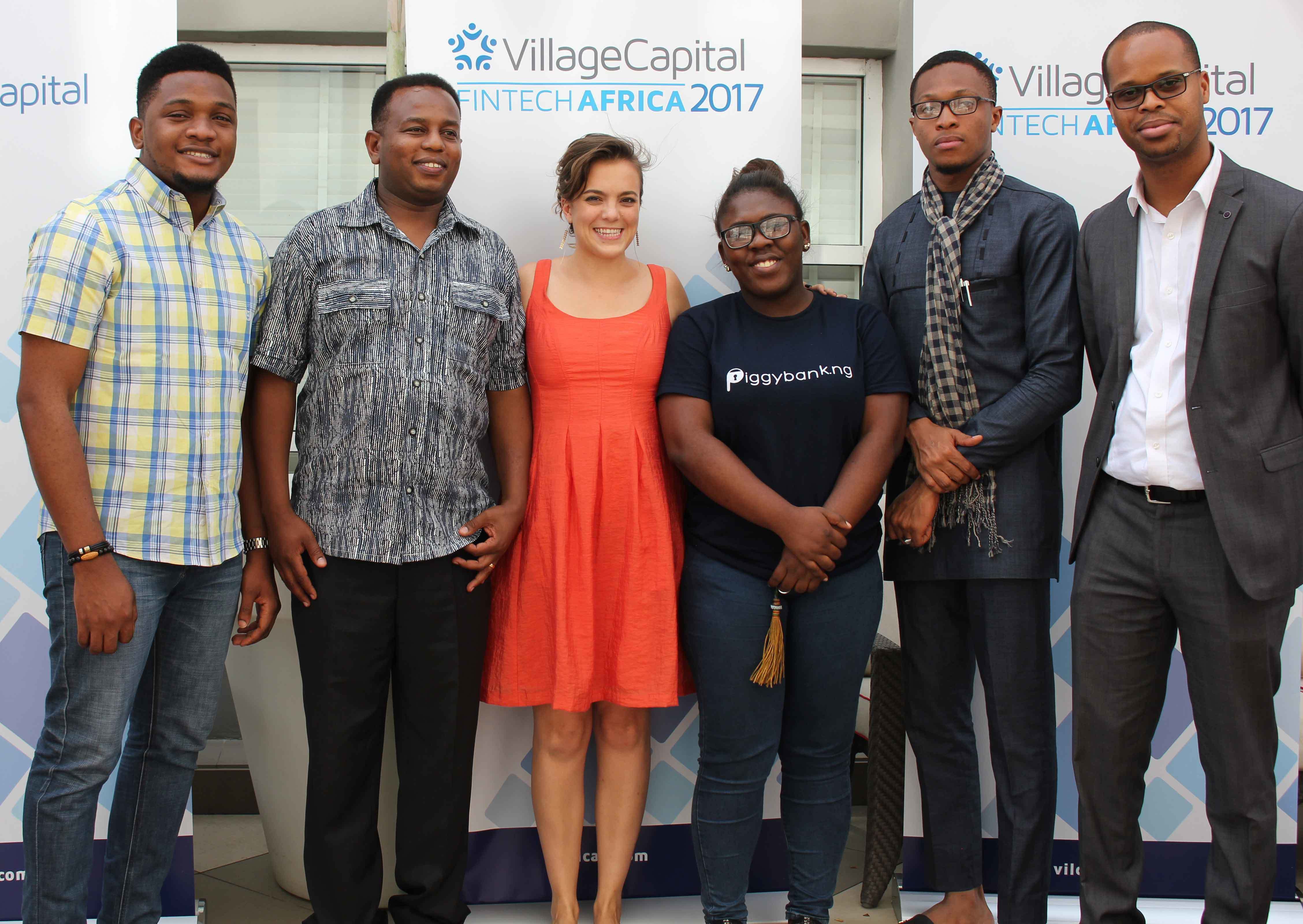
Nurturing Africa’s fintech firms with funds and mentors
Financial technology (“fintech”) companies operating in Africa are increasingly supporting the growth of financial inclusion. They do so by bringing new and innovative approaches to better serve clients with reliable, relevant and affordable financial solutions that work for women, farmers, and other underserved communities.
This is not an easy task, especially for early-stage African fintech companies. They must frequently confront limited support opportunities, for example, the shortage of business incubators which offer mentorship, networking, and sometimes financial support.
There are other concerns as they try to innovate further and scale-up. Finding and retaining talent is a challenge, because skilled staff such as data scientists and developers, can be difficult to find and usually expensive to hire. Building partnerships with financial institutions and mobile network operators can also be difficult, as is the ability to offer products beyond payments, given regulatory constraints in most African countries. This is even more relevant for those firms operating in promising but nascent markets in West Africa.
This is why the Mastercard Foundation and Village Capital embarked on a one year partnership to train staff at nine early-stage African fintech companies, chosen from among over 200 applicants. The goal was to provide them with intensive short-term capacity building in key areas of their business, such as articulating a value proposition and understanding revenue generation opportunities. This will increase their chances of attracting investors and seed financing to support their efforts to operate on a greater scale.
The program also gave these entrepreneurs exposure to industry experts and investors through three workshops lasting one week each, organized in Accra (Ghana) in January 2017, Nairobi (Kenya) in February 2017, and Lagos (Nigeria) in March 2017.
At the end of the workshop in Lagos, two of the fintech firms (Olivine Technology from Kenya and Piggybank from Nigeria) were selected by their peers as the best of the best. As a result, they were each offered US$50,000 in a pre-committed capital investment from Village Capital Investments.
I attended that last workshop in Lagos and was amazed by the quality of the cohort, not only by the innovative nature of their business model but also by the level of diversity amongst them. For instance, there was an almost equal number of women and men.
All entrepreneurs told me that they were impressed by the progress they had made in such a relatively short time thanks to the valuable and practical support of the Village Capital team. They also got the help of local and foreign ecosystem actors, thus giving entrepreneurs greater exposure to their local environment and opportunity to expand to new markets in Africa.
I could witness the chemistry among entrepreneurs who genuinely helped each other despite the competitive nature of their program. As evidence of this, all nine participating firms celebrated the top two winners because all nine felt that they had contributed to the success of Olivine Technology and Piggybank.
As the manager of this program at the Mastercard Foundation, I’ve been proud to help bridge the gap between fintech entrepreneurs in East and West Africa, allowing them to leverage their knowledge and share experiences. Eventually, we believe, this will contribute to greater financial inclusion for the hundreds of millions of people in Africa waiting to benefit.


